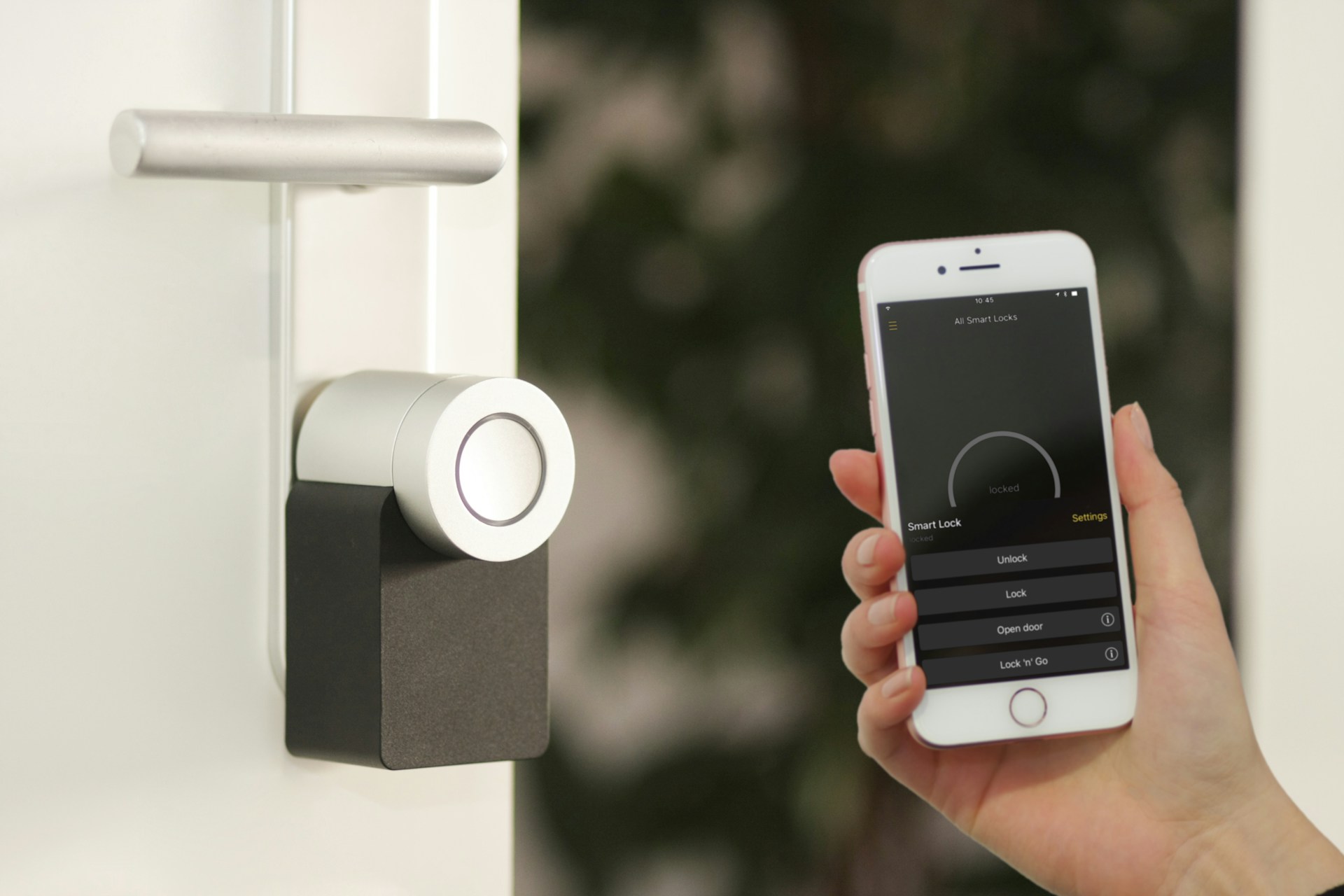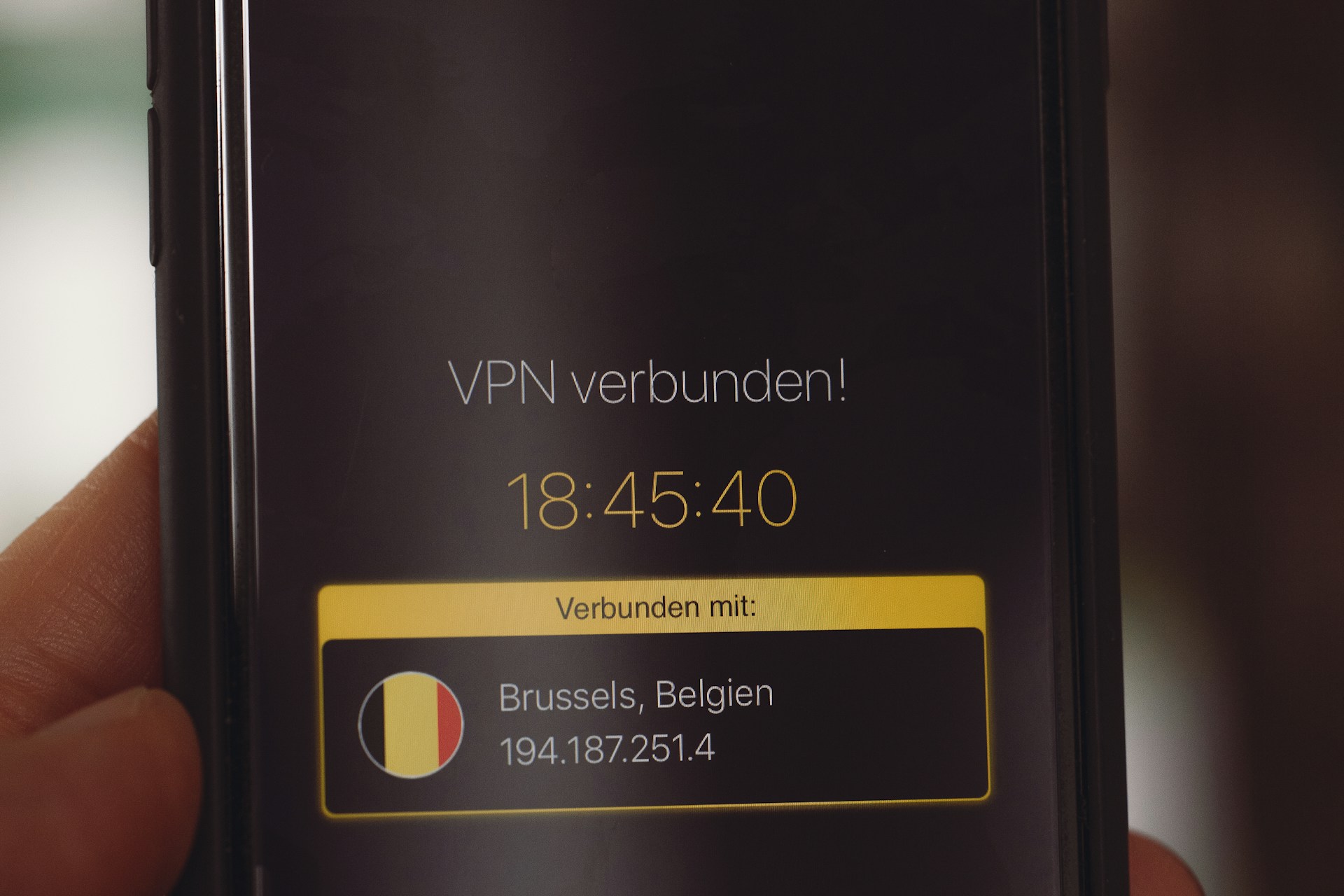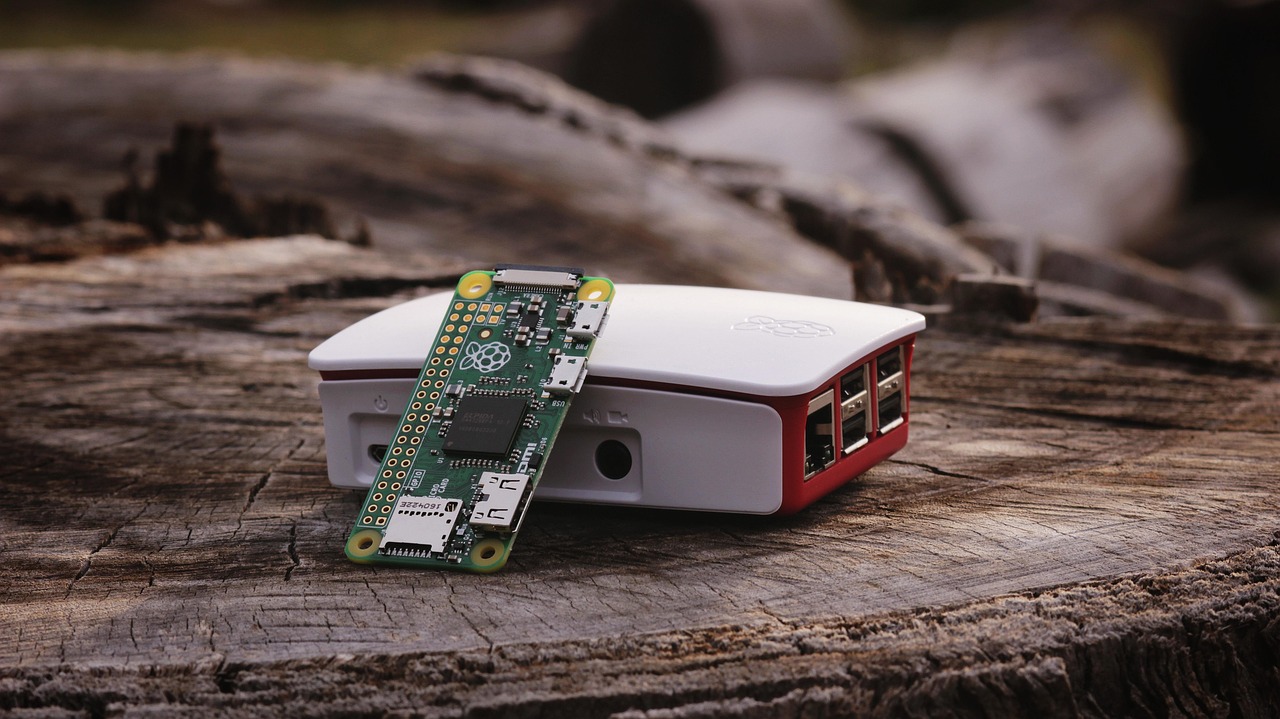
In today’s digital world, online privacy is always under threat. The most effective way to secure an online presence and safeguard data is to use a robust encryption technology. The two most effective solutions are end-to-end encryption and VPN encryption. Both of them have a significant role to play in protecting your data. However, they are not the same. They protect you differently.
So, what exactly is end-to-end encryption and VPN encryption? How do they work? Besides, which one do you choose for improved online security and privacy? Continue reading the post to learn more about these two types of encryption.
What is End-to-End encryption?
People send messages, make video calls, share files, and store valuable information online every day. However, when you are online, is there anyone else who might be monitoring your activities? Well, there could be someone or no one. But why take the risk?
In that case, you need a powerful tool that ensures complete privacy. In short, only you and the recipient can access the content. And not anyone else. Even your service provider cannot intercept the conversation. This tool is called end-to-end encryption.
Hence, end-to-end encryption helps you secure data so that it stays only between the sender and the recipient. It means that your file or message remains private. Even the app or service you are using to send the message or file cannot access the information.
In standard encryption, the data might be compromised on a server somewhere in the middle. But end-to-end encryption keeps hackers, governments, and companies at bay. Still, if anyone intercepts the data during transition, the message will appear gibberish. Only a unique decryption key can unlock the content. This is the power of end-to-end encryption.
How End-to-End Encryption Works
For a moment, imagine that you are sending a message in a box locked from the outside. To view the message, the recipient needs to unlock the box with a key. This is how end-to-end encryption works. Your device encrypts the data or messages, while the recipient’s device decrypts the same. This allows you to access the information without third-party intervention. Even the app’s provider cannot access the information.
Finding it hard to understand the process? Let’s break it down in a simplified manner for a proper understanding.
First, you write a message using an app on your device. For example, Signal or WhatsApp. The status of your message at this point is called plaintext. It means that the message is still readable. However, before leaving the device, the message uses encryption. Only the recipient’s public key can decrypt the message. Typically, the key is a kind of mathematical code that locks the information.
At this point, the message appears scrambled. It looks like random characters all lined up one after another. The scrambled message now travels to the recipient via the internet. The message travels through networks, servers, and many surveillance points. If anyone intercepts the information, it remains unreadable.
When the recipient’s device receives the message, it uses the private key to unlock the message. The scrambled message converts into text, making it readable. Even the app or service you are using to send the message cannot access the information. This is how end-to-end encryption works.
Why End-to-End Encryption Matters
End-to-end encryption matters because it safeguards your online security and privacy to a great extent. Especially in this vulnerable digital world. Here is why end-to-end encryption matters.
-
The sender and the recipient can access the message
End-to-end encryption encrypts your data on your device. Only the recipient’s device can decrypt the data. No one in between can read the message. For example, your service provider, app provider, governments, or hackers. The end-to-end encryption ensures complete privacy between the sender and the recipient.
-
Protection against data breaches and hackers
Even if the app or service using end-to-end encryption gets hacked, the messages, calls, or files remain unreadable. This is because the intruder does not have the private keys to decrypt the data. End-to-end encryption provides an additional layer of security, unlike traditional encryption.
-
Protects you from mass surveillance
Corporations and governments often collect user information for targeted advertisements or monitoring. But with end-to-end encryption, they cannot read the content even after accessing the messages. All they will see is continuous gibberish texts. Safeguarding private messages is important in an environment that restricts freedom of speech.
-
You do not have to rely on your service provider
Certain service providers, such as Facebook or Google, can access your data because they use regular encryption. With end-to-end encryption, even your service provider cannot access the content of your message. Therefore, you do not have to trust the Company to safeguard your online privacy completely.
-
Prevents impersonation
End-to-end encryption comes with identity verification and integrity check features. As a result, hackers cannot alter your messages during transit across the internet. Additionally, it prevents an intruder from pretending to be someone else. It is called a man-in-the-middle attack.
-
Supports activism
Certain countries impose strict censorship on content. Therefore, citizens, especially activists and journalists, use end-to-end encryption apps such as WhatsApp, Telegram, or Signal. They rely on this technology to communicate without worrying about retaliation. End-to-end encryption gives them freedom of speech.
-
Builds trust
In a world where data travels across the internet, end-to-end encryption builds trust. It makes sure that when you send the data, it will never fall into the wrong hands.
What is VPN Encryption?
VPN encryption creates a secure, encrypted tunnel between your device and the internet. It masks your IP address and encrypts your internet traffic. After that, it reroutes the traffic through a secure server in a location of your choice. Let’s understand it in detail.
The process of converting your internet connection into codes that cannot be read is called VPN encryption. This code travels back and forth between the internet and your device through a VPN server. The encryption makes sure that no one can see what you are doing online. This includes government surveillance, ISPs, and hackers.
Imagine that you are putting your internet traffic and online activity inside an unbreakable, secure tunnel. This is what VPN encryption does to protect your online privacy. If you are not using a VPN, your information travels in plain text.
It means that anyone monitoring your traffic can view and use your sensitive information to their advantage. Your browsing history, messages, emails, and passwords could be at higher risk. Besides, the risk arises more when you are using a public Wi-Fi hotspot.
With a strong VPN encryption in place, your data gets encrypted. The scrambled data is of no use even if someone captures your connection. The information can only be decoded using the right decryption key.
How VPN Encryption Works
VPN encryption works effectively the moment you connect to the internet until the data reaches its destination. You need to launch the VPN and connect it to your desired server. After establishing a successful connection, the VPN starts the encryption process. Your internet connection travels through a secure tunnel between the VPN server and your device.
Before the information leaves your device, it is completely encrypted using a standard encryption protocol. It means that your real request stays hidden. Your internet service provider will know that you made a connection to a secure VPN server. But it cannot view which services or websites you are visiting. This is because your traffic has undergone encryption.
The encrypted information reaches the VPN server. Now, it will decrypt and forward the information to your requested destination. It could be an online service or a website. Next, the VPN server receives the response from the destination site. Once more, the information gets encrypted before sending it to your device. Finally, the data gets decrypted, and you can view the content.
At every stage between the VPN server and your device, the information remains unreadable and secure.
Why VPN Encryption Matters
VPN encryption protects your online activity. Moreover, it safeguards your information from surveillance, internet service providers, snoopers, and hackers. It makes sure that whatever you do on the internet stays secure and private. Here is why VPN encryption matters.
-
Protects your data on public Wi-Fi
The Wi-Fi networks you see in hotels, airports, or cafes are often unsecured. Hackers exploit these public networks to their advantage. If you are not using VPN encryption, sensitive information such as credit card numbers, emails, passwords, etc., might be compromised. VPN encryption scrambles your traffic using strong algorithms. As such, no one can spy on you.
-
Prevents ISP tracking
Your ISP (internet service provider) can track and log your browsing activity. In some countries, this data is sold to advertisers. VPN encryption does not allow your ISP to monitor your activity. Hence, they cannot see the content you are consuming, the apps you are using, or the websites you are visiting. The data leaves your device in encrypted form.
-
Secures work communication
Your online communication needs protection. It does not matter if you are sending messages, accessing company files, or working remotely. VPN encryption keeps file transfers, video calls, messages, and emails secure.
-
Stops targeted ads
Without encryption, advertisers can collect your browsing behaviour and IP address. VPN encryption changes your IP address. As a result, trackers cannot find you and show invasive ads.
-
Encrypts overall traffic
Some apps use encryption, like banking apps or WhatsApp. But what about encrypting your browser and other apps? They might leak your information. In that case, VPN encryption makes your entire internet traffic secure. It covers web traffic, including every app or service.
-
Enables safe browsing
Some countries monitor or censor the internet. You may not access news, social media, or other tools. VPN encryption bypasses censorship securely. It gives you access to the internet while hiding your identity.
-
Prevents IP and DNS leaks
Without VPN encryption, the possibility of IP and DNS leaks increases. It can reveal your online activity to third parties. VPN encryption secures your IP address and DNS queries. It gives you complete anonymity when browsing.
End-to-End Encryption vs VPN Encryption: What is the Difference?
This table will help you better understand the differences between end-to-end encryption and VPN encryption.
| Features | End-to-end encryption | VPN encryption |
| Primary objective | Secures file sharing or communication | Secures and anonymizes the internet traffic |
| Protection | File content or message | The entire internet traffic and IP address |
| Who cannot view the data | Everyone except the receiver and sender | Local networks, hackers, or ISPs |
| Hides metadata | Not fully | Yes |
| Hides IP address | No | Yes |
| Works across different apps | Only in specific apps | Yes |
| Bypass geo-blocks or censorship | No | Yes |
End-to-End Encryption or VPN Encryption: Which One to Use?
Both end-to-end encryption and VPN encryption can secure your messages. But when it comes to choosing between the two in terms of security and privacy, both of them can deliver.
If you are using apps that come with end-to-end encryption, like Signal or WhatsApp, that’s great. However, to protect your online activity, IP address, and browsing history, you need VPN encryption.
Using a VPN hides your online activity, but it does not encrypt the messages inside your apps. If the app stores your messages without its protection, they can still be read.
You can use end-to-end encryption when you –
- Want private communication, and your service provider cannot see it.
- Trust the service or app you are using.
- Are sharing sensitive information, such as financial. Political, personal, and so on.
You can use VPN encryption when you –
- Are accessing the internet using a public Wi-Fi hotspot or in a different country.
- Want to hide your real IP address or change your location.
- Are using apps that do not have end-to-end encryption or browsing online.
Conclusion
End-to-end encryption is one of the powerful tools that aim to protect your digital privacy. It guarantees that only the people communicating can see the actual message content. It does not matter who is watching in between.
VPN encryption is an innovative tool that guards your online activity against unwanted eyes. It works by scrambling your internet data into unreadable code as it travels through a secure tunnel. As such, it protects your privacy from hackers, ISPs, and surveillance systems.
End-to-end encryption and VPN encryption are not competitors. Rather, they are partners in protecting your digital life. End-to-end encryption secures your conversations and data, whereas VPN encryption protects your online identity and connection.
Choosing between end-to-end encryption and VPN encryption depends on what you are trying to protect. But in today’s vulnerable digital world, using both is the smartest move.





